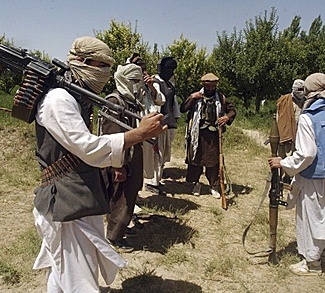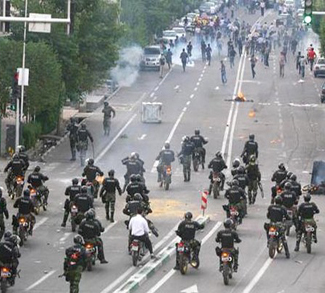The recent wave of student protests in Bangladesh marks one of the most severe challenges to Prime Minister Sheikh Hasina’s administration in years. What began as a student-led movement against a controversial job quota system escalated into widespread unrest, characterized by violent clashes between demonstrators and security forces. The violence has resulted in significant casualties, with official reports stating that over 150 people have been killed, with several thousands of others arrested. The government’s heavy-handed response, which features the arrest of protest leaders, the imposition of curfews, deployment of the military, and a nationwide internet blackout, is aimed at curtailing communication and controlling the flow of information between protestors.
International reactions to the protests have been varied, with some governments issuing travel warnings for Bangladesh in recent days, and others holding back. The protests have also sparked solidarity demonstrations among the Bangladeshi diaspora in Australia, the United Kingdom, and the United States, reflecting the global concern over the Hasina government’s handling of the crisis.
Crisis Origins and Evolution
The current unrest has its roots in a controversial job quota system, which reserved a significant percentage of government jobs for the descendants of the Mukti Bahini freedom fighters who participated in the country’s 1971 war of independence. This quota system, initially established to honor those who fought for the nation’s liberation, had long been a source of contention, particularly as it was believed to disproportionately benefit the country’s current political, business, and military elites and their kin. The recent reinstatement of these quotas, after they were briefly abolished, reignited widespread discontent among students and young job seekers, who view the system as outdated and unfair. A Supreme Court ruling on July 23 appears to have placated some protestors, as the quotas were rolled back from 30% for descendants of freedom fighters to just 5%, but subsequent developments suggest a widening movement that is now looking to address other longstanding contradictions in Bangladeshi society.




